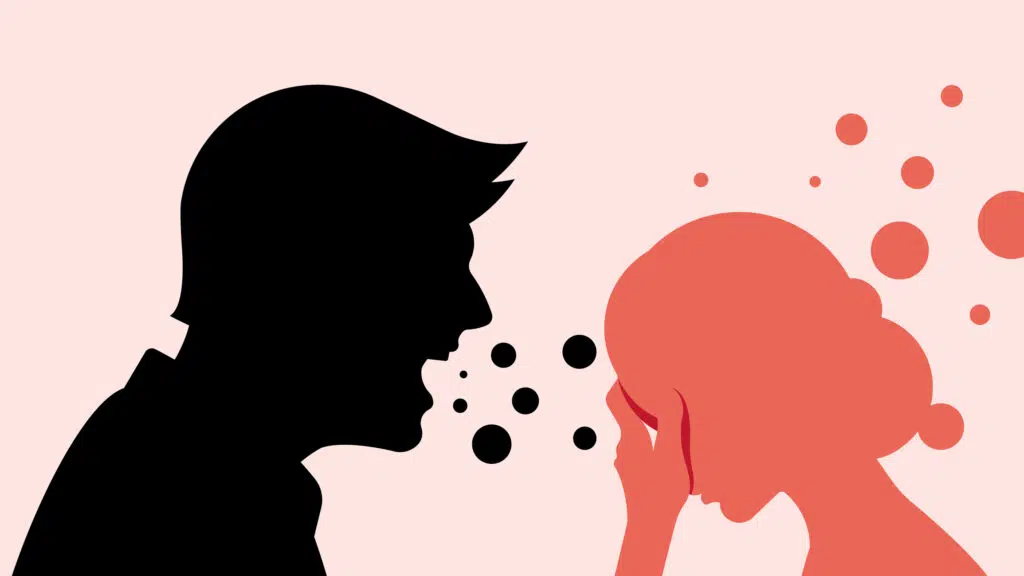It’s Not About You

Your partner wanting and making, a decision to have a fulfilling experience, whether it be with friends after work or a jog alone, is not a rejection of you—unless it is.
When we get into relationships there is a tendency to assume that because you chose each other as life partners that all your needs (romantic, play, social, sexual and so forth) will be met by that one person and theirs through you. It is unrealistic, and even narcissistic as the infamous psychotherapist Esther Perel would say, to expect your partner to lose interest or no longer desire access to outside meaningful relationships and interests that are part of their multifaceted selves.
Sometimes it is not the act or event but our belief systems that create the chaos in our lives and relationships. Jumping to the conclusion that, for example, you partner does not want to spend time with you because they chose to engage in something separate from you could trigger feelings of rejection and a dispute that may not be warranted.
It is valuable to become more conscious of these cognitive distortions to in turn be more equipped to actively dispute them and reduce the stressors in your life and relationship. Working with a Psychotherapist could help to introduce communication tools to address concerns surrounding balancing the needs of the relationship and the individual self.
It is useful to communicate your needs and perspectives with your partner to give them an opportunity to demonstrate empathy and for you both to come to a compromise. If you would like more quality time, that is something to be addressed using an “I” language approach rather than shame and blame talk that stems from cognitive distortions of ‘shoulds’ and ‘mind reading’. The latter puts your partner in fight or flight mode, the message gets lost, and the circular disputes begin.
We often don’t know why people act the way they do, that includes the people closest to us. Make an effort to not personalize a behavior or lack thereof and take the opportunity to better understand each other and navigate your differences. Recognize that differentiation allows for autonomy, reduces the likeliness of enmeshment, and is likely to lead to a more fulfilling relationship.

Understanding Impostor Syndrome: Breaking Free from Self-Doubt
Imposter syndrome can make you feel like a fraud with no confidence in your abilities. You’re not alone; so many people feel like this. The good news is that you can break free from imposter syndrome and overcome self-doubt; here’s how.

Supporting a Loved One with Mental Illness: Practical Tips and Resources
There isn’t one perfect way to support a loved one with mental illness. How you care for someone will depend on you and the person you support. Mental illness can affect all aspects of a person, from mood to behavior. It can come as a shock when a loved one is diagnosed with a mental illness.

Is My Relationship One-Sided?
Do you feel like you’re doing all the work in a relationship? When a relationship is one-sided, it can create stress and conflict. If one partner invests more energy and effort to make the relationship work, it creates an imbalanced dynamic that can be draining in the long haul.

How To Recover From Burnout?
Manageable and short-term stress can increase alertness and give you the focus to hit a tight deadline. But left unchecked, chronic stress can result in burnout, leading to complete physical, mental, and emotional exhaustion.

